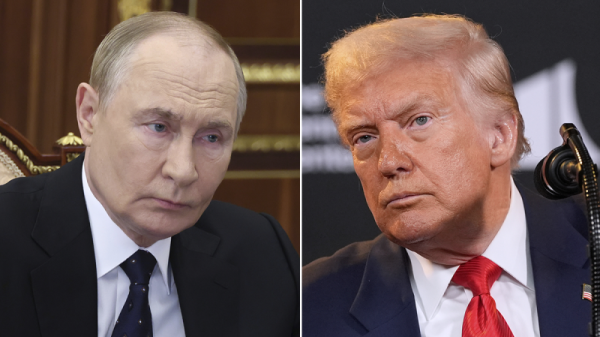The recent incident where Google allegedly threatened tech influencers unless they preferred the Pixel has sparked controversy and raised important questions regarding the ethics of influencer marketing. This issue highlights the growing power of tech giants like Google in shaping consumer preferences and the potential pitfalls of influencer partnerships.
Influencer marketing has become a prominent strategy for brands to reach their target audiences effectively. By collaborating with influencers who have a loyal following and high engagement rates, brands can leverage their credibility and influence to promote products or services. This form of marketing can be incredibly effective when done authentically and transparently.
However, the situation with Google raises concerns about the ethical boundaries of influencer marketing. The idea that a tech giant like Google would allegedly pressure influencers to promote their products over competitors’ raises questions about the independence and objectivity of these relationships. Should influencers prioritize their own integrity and viewers’ trust over potential partnerships with powerful companies?
Transparency is crucial in influencer marketing. Audiences value authenticity and honesty from influencers they follow. When influencers promote products, it’s essential for them to disclose any partnerships or sponsorships to maintain trust with their followers. In the case of Google’s alleged threats, transparency seems to have been compromised, potentially jeopardizing the credibility of both the influencers involved and the Pixel brand.
Moreover, the incident sheds light on the power dynamics at play in influencer marketing. Tech giants like Google hold significant influence over the digital landscape and can easily sway consumer preferences through strategic partnerships with popular influencers. This raises concerns about the fairness of competition and the potential for smaller brands to be overshadowed by industry giants with substantial resources at their disposal.
It’s crucial for influencers to uphold their integrity and prioritize the interests of their audience above all else. By maintaining transparency, authenticity, and independence in their partnerships, influencers can continue to build trust with their followers and preserve the credibility of their personal brand. As for brands like Google, it’s important to respect the autonomy and ethical standards of influencers and nurture mutually beneficial relationships based on trust and transparency.
In conclusion, the incident involving Google’s alleged threats to tech influencers highlights the ethical challenges inherent in influencer marketing. Transparency, authenticity, and independence are essential for influencers to maintain trust with their audience and uphold the integrity of their personal brand. Brands must also prioritize ethical practices and respectful collaborations with influencers to foster positive relationships and build credibility within the digital community.


































